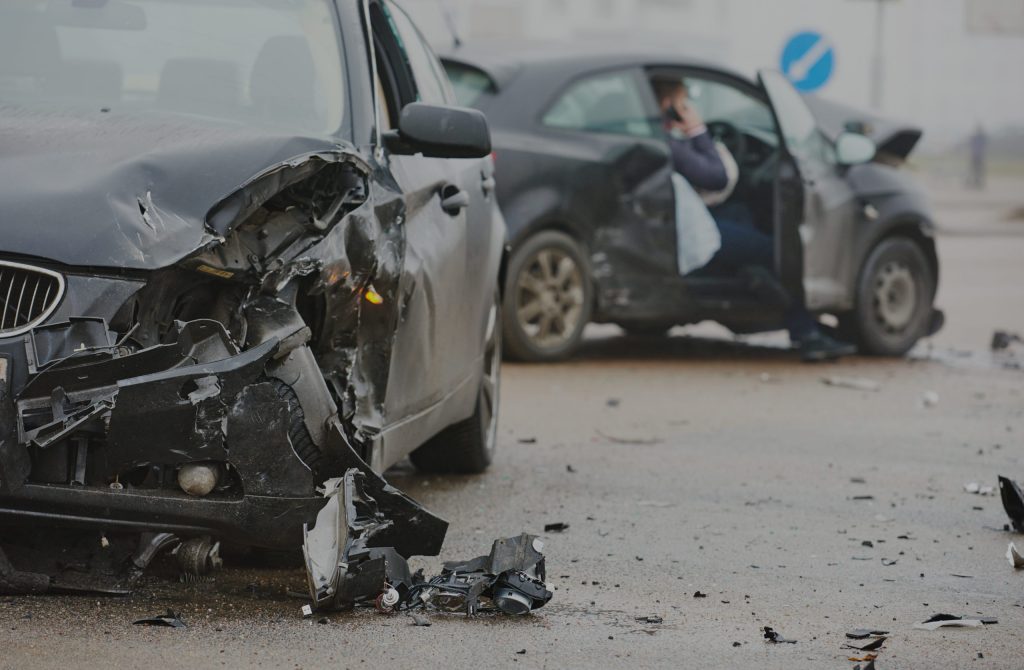- Mon - Fri: 8.30 AM - 5:00 PM
- 26565 Agoura Rd., 200, Calabasas, CA 91302
- 818-884-8075
Exclusive Auto Accident Leads for Personal Injury Lawyers
Connect with clients actively seeking legal representation for auto accidents.
At Legal Brand Marketing, we provide 100% exclusive, real-time auto accidents leads (also known as motor vehicle accident
leads, car accident leads, and MVA leads) to help law firms grow their caseload with high-intent claimants.
Claim Your Exclusive Auto Accident Leads Today!
There are an estimated 6.3 million motor vehicle accidents in the United States every year, resulting in over 3 million injuries and approximately 40,000 deaths. Many of these victims find themselves facing overwhelming medical bills, lost wages, and long-term rehabilitation needs. Attorneys specializing in motor vehicle accident leads, car accident leads, and auto accident leads play a vital role in helping these victims navigate the complex legal system.
High-Quality Auto Accident Leads to Grow Your Law Firm
At Legal Brand Marketing, we provide exclusive auto accident leads that connect personal injury attorneys with high-intent claimants. Our motor vehicle accident leads come from individuals actively seeking legal representation after serious car accidents, ensuring high conversion rates and better case value.
How Our Auto Accident Leads Are Generated
We use a multi-channel approach to acquire high-quality car accident leads, ensuring attorneys receive real-time personal injury lawyer leads that align with their practice areas. Our lead generation process includes:
- Paid search campaigns targeting high-intent accident victims.
- Uses Google Ads & Bing Ads to attract clients actively searching for a lawyer.
- Bidding strategies focus on high-conversion keywords like “car accident lawyer near me.”
- Optimized legal content attracts organic traffic from Google & Bing.
- Targeting high-volume search terms related to auto accident claims.
- Local SEO ensures geo-targeted traffic, improving case quality.
- Every lead is attorney-exclusive – No lead reselling or shared inquiries.
- Screened for case viability before reaching your firm.
- Ensures higher conversion rates by providing genuine claimants.
- Facebook & Instagram ads target high-intent claimants.
- AI-driven retargeting ensures prospects see relevant legal ads.
- Lookalike audiences expand reach to similar accident victims.
- Matches attorneys with local claimants based on ZIP codes & state regulations.
- Higher conversion rates due to jurisdiction-specific legal alignment.
- Geo-fenced advertising to maximize reach in target areas.
Auto Accident Lead Filtering System
To ensure that our partners receive high-quality car accident leads, we implement a rigorous lead filtering system. Every lead must meet strict criteria before being delivered to an attorney. Our requirements include:
- The auto accident occurred within the statute of limitations – Ensuring the case is legally viable.
- The injured party was not considered at fault for the accident – Focusing on claimants with strong legal cases.
- The injured party was physically injured – Prioritizing cases with actual damages.
- The injured party does not already have an attorney – Avoiding conflicts and ensuring exclusivity.
- The accident injury happened within your assigned territory – Matching attorneys with relevant local cases.

By enforcing these screening criteria, Legal Brand Marketing guarantees that you receive high-intent, high-value auto accident leads that maximize your case success rate.

Types of Cases Covered by Our Auto Accident Leads
Legal Brand Marketing generates motor vehicle accident leads across a range of personal injury
cases, including:
- Car accident leads – T-bone collisions, rear-end crashes, rollovers, and multi-car pileups.
- Motorcycle accident leads – High-value cases involving serious injuries or fatalities.
- Pedestrian accident leads – Claims
involving crosswalk and roadside injuries. - Bicycle accident leads – Cyclist injuries caused by reckless or distracted drivers.
- Hit-and-run cases – Victims seeking legal recourse after being left at the scene.
- Fatal accident claims – Families pursuing wrongful death lawsuits.
Why Choose Legal Brand Marketing for Auto Accident Leads?
Unlike other lead generation companies, Legal Brand Marketing has over 21 years of lead generation experience, offering exclusive personal injury lawyer leads designed to increase your firm’s caseload.
How Our Auto Accident Leads Are Generated
We use a multi-channel approach to acquire high-quality car accident leads, ensuring attorneys receive real-time personal injury lawyer leads that align with their practice areas. Our lead generation process includes:
|
Feature
|
What It Means for Your Law Firm
|
|---|---|
|
Exclusive Auto Accident Leads
|
100% exclusive – Leads are never resold or shared with other attorneys.
|
|
Real-Time Delivery
|
Get instant access to leads as soon as claimants seek legal help.
|
|
Filtered & Qualified Leads
|
Rigorous screening criteria ensure leads meet legal & case potential standards.
|
|
Custom Targeting Options
|
Select leads based on location, injury type, and case value to match your firm’s needs.
|
|
Better ROI & Lower Acquisition Cost
|
High-value cases at a lower cost per acquisition for better profitability.
|
How Much Do Auto Accident Leads Cost?
The cost of auto accident leads varies depending on factors such as:
- Geographic location – Higher demand in competitive legal markets.
- Lead exclusivity – Exclusive leads cost more but have higher conversion rates.
- Case type – High-value cases (e.g., trucking accident leads) may have a higher cost per lead.
- Lead delivery speed – Real-time leads often command a premium.
For pricing details, contact us today and speak to a legal lead specialist.

Start Growing Your Law Firm with Exclusive Auto Accident Leads
Ready to secure high-converting personal injury lawyer leads? Partner with Legal Brand Marketing and take your practice to the next level.
Frequently Asked Questions (FAQ)
1. How do I receive my leads?
We deliver leads via email, live-transfer, SMS, or directly to your CRM for seamless case intake.
2. Are these leads exclusive to my law firm?
Yes, all our auto accident leads are attorney-exclusive and never shared with competitors.
3. What is the lead qualification process?
We pre-screen leads based on injury severity, accident type, and legal representation intent to ensure higher case value.
4. Do you provide local leads?
Yes. We offer geo-targeted auto accident leads, ensuring you receive clients from your preferred location.
5. How quickly will I receive new leads?
Leads are delivered in real-time. As soon as a potential claimant submits their information, it’s instantly routed to your firm, helping you respond within minutes for a higher conversion rate.
Other Legal Lead Categories We Offer
Expand your practice with additional high-intent legal leads:
GET STARTED TODAY
Complete the form below for a quote for motor vehicle accident leads


